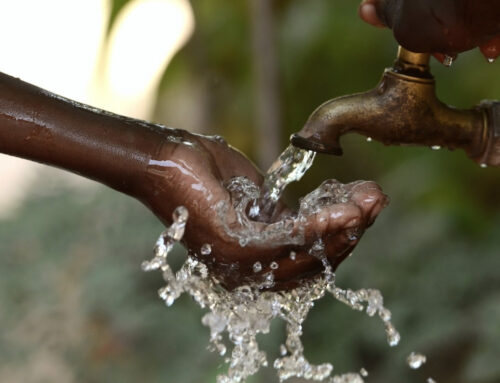Clean technology, also known as green technology, is one of the fastest growing sectors in the world today and is expected to achieve a compound annual growth rate (CAGR) of 5.94 percent between 2023 and 2027 according to markets and research.
When implemented correctly, in agriculture, cleantech can reduce the negative impacts of farming activities on natural resources; given that agriculture is the largest consumer of freshwater resources globally. Additionally, more than one-quarter of the energy used globally is expended throughout the agrifood value chain.
Let’s explore how cleantech can benefit both developed and developing nations.
Imagine two contrasting regions: a developed nation with established infrastructure and a developing nation where access to resources is limited.
- Solar-Powered Irrigation Systems:
- Africa: Many African farmers face water scarcity and rely on the rain or manual irrigation. Solar-powered irrigation systems can provide reliable water supply for crops, improving yields and livelihoods.
- United States: In regions with abundant sunlight, solar-powered irrigation reduces dependence on grid electricity and promotes sustainable water management.
- Mobile-Based Agricultural Services:
- Africa: Mobile apps and SMS services enable smallholder farmers to access agricultural advice, weather forecasts, market prices, and markets. These technologies empower farmers to make informed decisions, increase yield while preserving natural resources.
- United States: Similar platforms can benefit American farmers by enhancing communication, optimizing resource use, and connecting them with buyers and suppliers.
- Climate-Resilient Crop Breeding:
- Africa: Developing drought-tolerant, heat-resistant, and disease-resistant crop varieties is essential. These resilient seeds can withstand extreme weather events, ensuring food security and environmental longevity.
- United States: Similar efforts enhance agricultural resilience in the face of climate change, benefiting farmers in developed nations.
Collaboration, knowledge sharing, and technology transfer between Africa and the United States can accelerate the adoption of these cleantech solutions and many others.
“Ready to make a difference? Join hands with like-minded individuals and organizations working towards a greener future. Together, we can drive cleantech innovations!
Info@fourthwavetech.com





